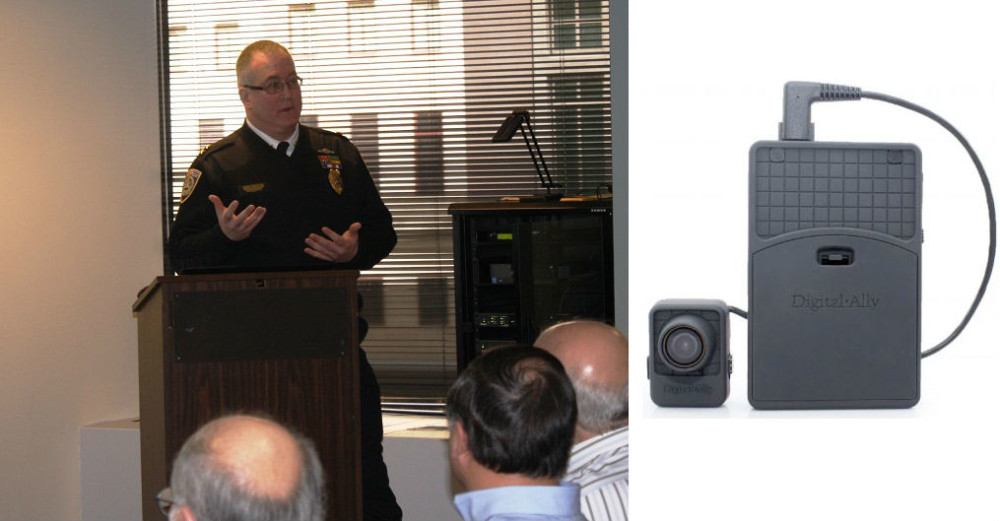

Dustin Slaughter
Freelance Journalist
Philadelphia, PA
"Journalism will kill you, but it will keep you alive while you're at it."
- Horace Greeley
T: @DustinSlaughter
Dustin Slaughter
Freelance Journalist
Philadelphia, PA
"Journalism will kill you, but it will keep you alive while you're at it."
- Horace Greeley
T: @DustinSlaughter








